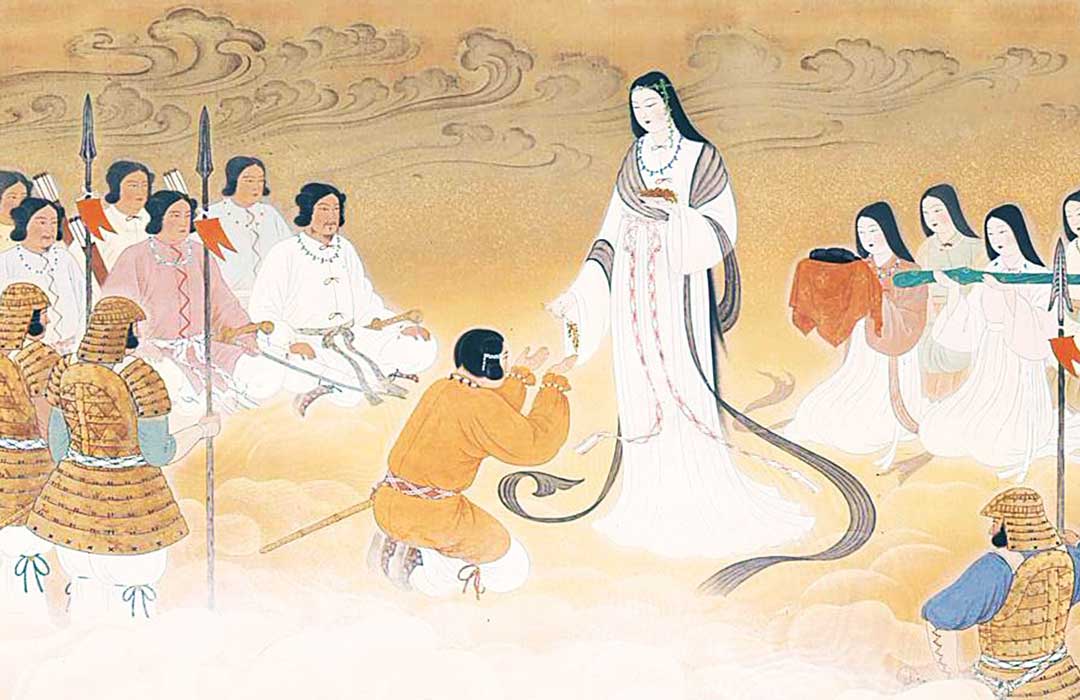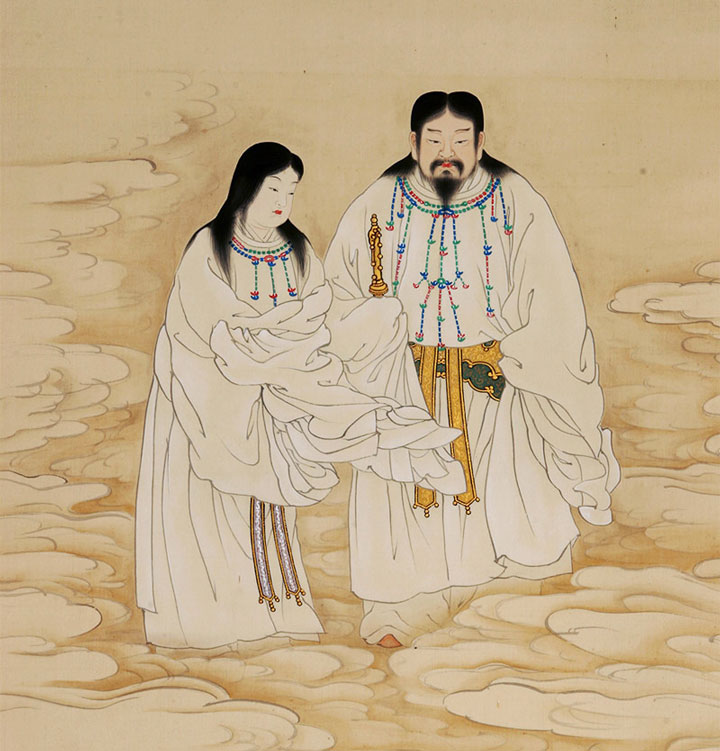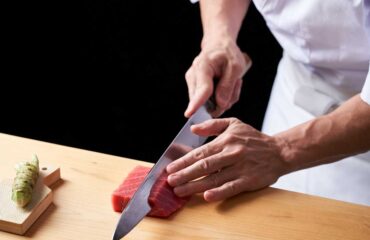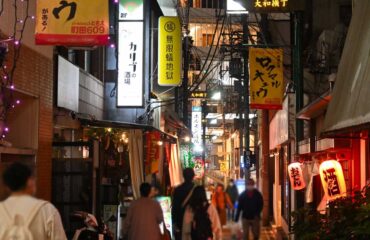
“The Names of Japanese Angels”
In the Christian world, there exists the concept of “angels”.
They are known as the messengers of God, watching over us humans.
On the other hand, in Japan, there’s a belief in the “Eight Million Gods (八百万の神 Yaorozunokami)”, where countless deities are believed to exist around us, each governing various events and natural phenomena.
Angels in Christianity are portrayed as messengers or helpers of the one true God.
In contrast, Japanese deities each have distinct characteristics and roles and are deeply intertwined with our lives.
◆Is there a name equivalent to ‘angel’ in Japanese?
So, what exactly do we refer to when we say “the names of Japanese angels”?
While there isn’t a single equivalent to the Christian angels in Japan, there are deities like the Inari god, water deities, and mountain deities, which are present in our everyday lives and nature, that might correspond to them.
While the Christian concept of angels and the Japanese gods are fundamentally based on different ideologies, they both play the common role of being guardian entities watching over us.
In our daily lives, believing that countless “angels” or “gods” are behind us, supporting and guiding us, is an essential element that provides spiritual stability and the strength to live.

(Izanami, Izanagi)
Introducing a few names from the Eight Million Gods.
When discussing Japanese deities, one cannot exclude the significance of Shintoism.
Recognized as one of the oldest religious traditions in Japan, Shinto is deeply rooted in animism, a belief system that venerates the spirits residing in nature and everyday objects.
This belief, that deities inhabit various facets of our daily lives and nature, stems from this ancient animistic perspective.
Along with the gods depicted in ancient texts like the Kojiki (古事記) and Nihon Shoki (日本書紀), historical figures who have left their mark on history are also enshrined and counted among the myriad of deities.
In this piece, we will introduce a few notable gods from the extensive pantheon of the Eight Million Gods (八百万の神 Yaorozunokami).
◆Amaterasu Ōmikami (天照大神)
The chief deity of Takamagahara and the ancestral deity of the Imperial family.
◆Ame-no-Minakanushi-no-Kami (天之御中主神)
The first deity to appear in the Kojiki.
◆Izanagi-no-Kami (伊邪那岐神)
Grandfather deity of Japan.
◆Izanami-no-Kami (伊邪那美神)
Grandmother deity of Japan.
◆Ichikishima-hime-no-Kami (市杵嶋姫神)
Deity of water, often associated with Benzaiten.
◆Inari-no-Kami (稲荷神)
Deity of agriculture and business prosperity.
◆Ukemochi-no-Kami (保食神)
Deity of food.
◆Umugi-hime (蛤貝姫)
Deity of medicine.
◆Ōkuninushi-no-Kami (大国主神)
Deity of land development and chief deity of Izumo 出雲 (Shimane prefecture).
◆Kamado-gami (竃神)
Protector deity of household kitchens.
◆Konpira-sama (金比羅様)
Protector deity of ships.
◆Shitateru-hime-no-Kami (下照姫神)
Deity of safe childbirth.
◆Shichifukujin (七福神)
Seven deities of good fortune revered by the common people.
◆Susanoo-no-Kami (須佐之男神)
The tempestuous deity who defeated the Yamata-no-Orochi. Deity of the Gion Shrine.
◆Daikoku-sama (大黒様)
Deity of fortune.
◆Tsukuyomi-no-Kami (月読神)
Deity of the moon.
◆Tenjin-sama (天神様)
Deity of scholarship and learning.
Summary
In this blog, we have introduced some of the names from the vast pantheon of ‘Yaoyorozu no Kami’ (Eight Million Gods), but what has been presented is merely a fraction.
There are various legends and stories associated with the same deity or purpose, and depending on the region or tradition, different gods and interpretations exist.
These gods are considered to guide and protect our daily lives, nature, or specific values, bestowing power upon us.
While some like Amaterasu and Susano-o are especially well-known, each one has played a significant role in Japanese culture and history.
Through this blog, you’ll get a glimpse into these deities, which can be thought of as Japan’s ‘angels,’ gaining a deeper appreciation for their profound meanings and backgrounds.
Recommended Related Articles
150 Classic Japanese Male Names
How Do I Write My Name in Japanese



